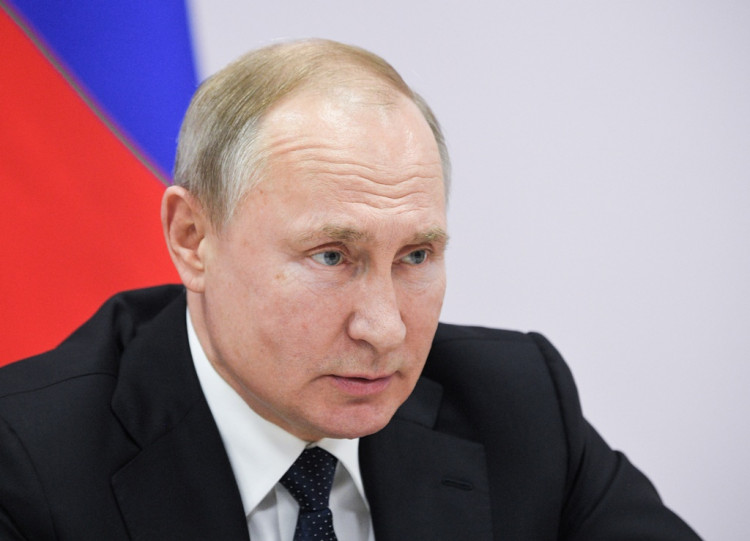Russian President Vladimir Putin has officially expanded Russia's nuclear doctrine, a move seen as a response to heightened tensions with the West following President Joe Biden's decision to allow Ukraine to deploy U.S.-supplied longer-range missiles against Russian targets. This change, announced Tuesday, marks another escalation in the ongoing conflict with Ukraine, now in its 1,000th day.
The revised doctrine states that any attack on Russia involving or supported by a nuclear power will be treated as a "joint attack on the Russian Federation." It also extends nuclear protection to Russia's ally Belarus, signaling a readiness to retaliate with nuclear force if Belarus faces aggression. Kremlin spokesperson Dmitry Peskov described the updated policy as a necessary adjustment to reflect "the current situation" and emphasized that it was published "in a timely manner."
"The Russian Federation reserves the right to use nuclear weapons in the event of aggression using conventional weapons against it and/or the Republic of Belarus," Peskov said during a briefing with reporters. He highlighted that the changes are meant to reinforce the inevitability of a retaliatory response, serving as a deterrent against any form of aggression.
The revisions come amid claims by Russia that Ukraine has used U.S.-made ATACMS missiles in an attack on the Bryansk region, potentially marking the first use of these weapons since Biden lifted restrictions on their deployment. Moscow has consistently warned that Western military support for Ukraine increases the risk of escalation and has framed such support as a direct threat.
Putin's changes appear to be aimed at sending a strong signal to Ukraine's Western backers, emphasizing the potential consequences of continued support for Kyiv. Since the conflict's escalation in early 2022, Moscow has repeatedly warned of dire repercussions surrounding Western arms deliveries, from tanks to air-defense systems.
In parallel with these warnings, Russia has intensified its military campaign against Ukraine, employing waves of drone and missile strikes that have targeted civilian infrastructure, including energy facilities. Observers see these actions as an effort to disrupt life in Ukraine as winter approaches and test Western resolve to support Kyiv.
The revised nuclear doctrine builds on Moscow's longstanding nuclear threats, which have intensified over the past two years. Initially, Putin's policy allowed for the use of nuclear weapons only if Russia's state existence was threatened. However, updates made in 2020, and again in September 2023, lowered this threshold to include threats to Russia's sovereignty.
The most recent changes, signed into effect on Tuesday, clarify and codify these terms. The doctrine now explicitly states that any attack on Russia involving a nuclear power's support is considered a joint attack, warranting a nuclear response. It also specifies that an assault on Belarus will be treated as equivalent to an attack on Russia.
The Biden administration's decision to provide Ukraine with ATACMS has further fueled Moscow's ire. Peskov criticized the move, claiming it was an attempt to "escalate the conflict" and describing it as pouring "oil on the fire." This rhetoric underscores Moscow's determination to deter further Western military support for Ukraine through the threat of nuclear retaliation.
Adding further complexity to the geopolitical landscape, the upcoming administration of U.S. President-elect Donald Trump, set to assume office in January, could shift the dynamics of U.S.-Russian relations. Trump has expressed a desire to end the war swiftly, although he has provided few details. Meanwhile, his son, Donald Trump Jr., has publicly criticized Biden's decision, accusing the "Military Industrial Complex" of pushing towards global conflict.




